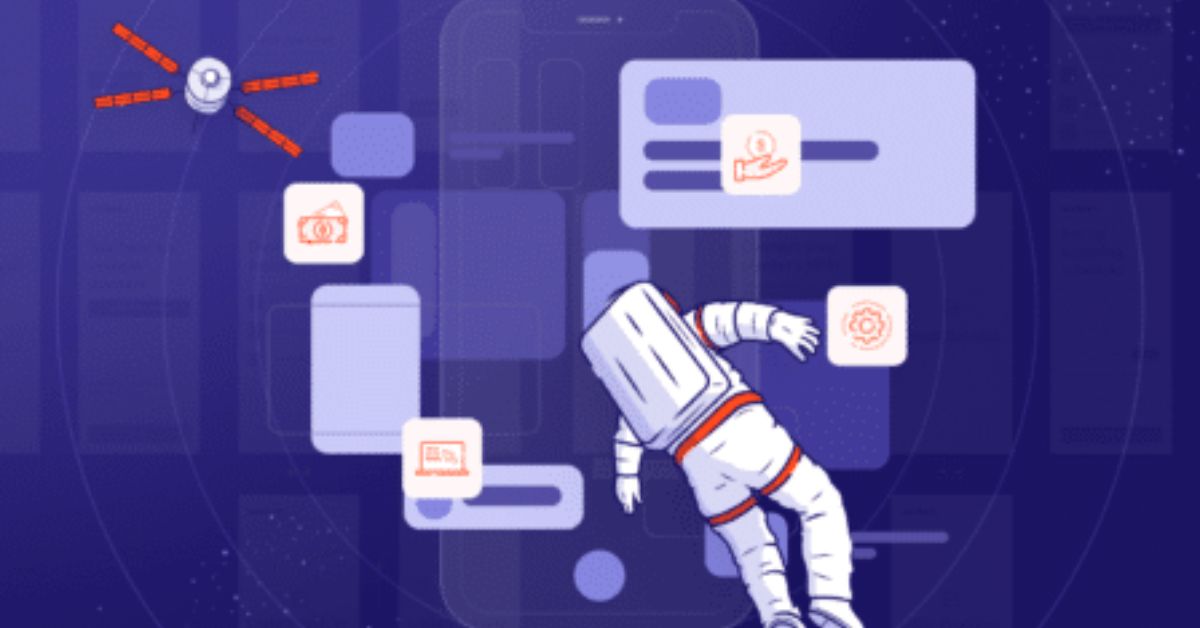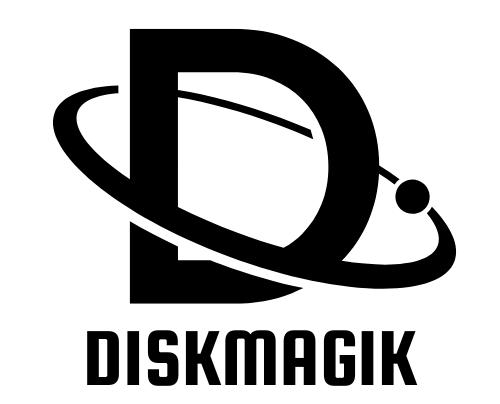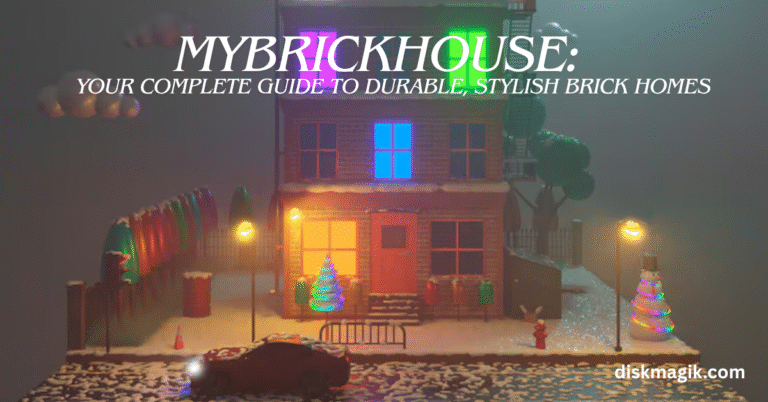Is Your App Developer Overcharging You? How to Negotiate App Development Charges Smartly

You finally take the big step.
You reach out to a few app developers, schedule the calls, explain your brilliant idea,and then…
Boom. The quotes arrive.
One developer says $15,000.
Another says $80,000.
A third quotes $150,000 for what sounds like the same thing.
You stare at your inbox, wondering:
“Are they just throwing random numbers at me? Is someone trying to rip me off? Or am I missing something?”
If this feels familiar, you’re not alone.
App development pricing often feels like buying a used car. Lots of technical jargon, huge price gaps, and very little clarity. But the truth is: pricing isn’t random , it’s about understanding what you’re buying, what actually goes into building your product, and most importantly, how to negotiate app development charges smartly.
Whether you’re dealing with freelance developers or full-fledged mvp development companies, knowing how pricing works can save you thousands (and a lot of headaches). Let’s break it down.
Why App Development Charges Vary So Wildly
Let’s start with a little reality check:
Building an app isn’t just writing code. It involves:
- Product strategy
- UX/UI design
- Frontend & backend development
- Testing & QA
- DevOps & deployment
- Post-launch maintenance
Depending on who you’re talking to, some quotes include everything; others barely include the basics.
That’s where many founders go wrong. They compare quotes assuming apples-to-apples, but often they’re comparing apples to half-eaten bananas.
MVP development firms usually offer full-service packages, while individual freelancers often quote just for coding, leaving you to figure out everything else.
The Hidden Factors That Affect App Development Charges
Understanding why you’re being quoted a certain price gives you major leverage during negotiations. Here are the key factors:
Scope Complexity
- Is your app just a basic prototype, or does it require complex features like AI, payment systems, or integrations?
- More features = more hours = higher charges.
Design Quality
- Pixel-perfect design work costs extra.
- Many MVP development firms include UX research, user testing, and UI kits, freelancers may not,
Team Composition
- A team of senior specialists will charge more than junior generalists.
- MVP development companies often have dedicated designers, testers, and PMs.
Project Management
- Who’s coordinating everything? If you’re managing multiple freelancers, you’re eating hidden costs in your own time.
Post-Launch Support
- Will you get 3 months of bug fixes?
- Will you need ongoing scaling, security patches, or updates?
All of these factor into your final app development cost.
How MVP Development Companies Structure Their Pricing
Unlike freelancers who may charge hourly or daily, most MVP development firms offer:
- Fixed-price packages (good for well-defined MVPs)
- Milestone-based contracts (payments tied to deliverables)
- Time-and-material models (flexible scope with transparent tracking)
The advantage?
Clarity. You know what you’re paying for, and when.
But even with reputable companies, negotiation is absolutely possible.
Red Flags That Suggest You’re Overpaying
Here’s how to tell if you’re getting quoted unfairly high app development costs:
- Vague scope descriptions
- No breakdown of what’s included (design, testing, post-launch support, etc.)
- Heavy “buffer time” added without explanation
- No mention of reusable components or pre-built solutions
- Pushing unnecessary features into V1
Remember: every extra feature adds cost. Smart MVP companies will often advise you to simplify for launch, not overbuild.
How to Negotiate App Development Charges Smartly (Without Burning Bridges)
Negotiation doesn’t have to be awkward. Developers expect it. But how you negotiate makes all the difference.
Come Prepared
- Have a clear product brief.
- Prioritize must-have features.
- Identify nice-to-haves you can phase in later.
Ask for a Detailed Quote Breakdown
Push for:
- Hours estimated per feature
- Cost per deliverable
- Post-launch support inclusions
- Third-party licenses or APIs costs
If a company can’t break down their pricing, be cautious.
Use Industry Benchmarks
A simple search will give you rough industry averages for MVP builds:
| Type | Typical MVP Development Charges |
| Simple MVP (few features) | $10,000 – $30,000 |
| Mid-level MVP | $30,000 – $80,000 |
| Complex MVP (enterprise-grade) | $80,000 – $150,000+ |
Having these numbers helps you spot extreme outliers.
Negotiate on Scope First, Price Second
Many founders make the mistake of arguing price without adjusting scope.
Instead, work collaboratively to reduce scope for launch while keeping quality high. Phased development often makes more sense for both sides.
Ask for Value Adds
If you can’t bring the price down, ask for:
- Extended warranty/bug fix period
- Extra QA rounds
- Free consultation sessions
- Additional design iterations
Consider Hybrid Models
Some mvp development companies allow hybrid pricing, core work done in-house, while simpler tasks are outsourced offshore to lower costs without sacrificing quality.
Pro Tip: Cheap App Development Charges Often Lead to Expensive Fixes
Many startups that chase bargain-basement pricing end up spending more later on:
- Rewrites due to poor architecture
- Missed deadlines
- User complaints
- Investor dissatisfaction
Remember: your MVP isn’t just a test, it’s your first impression. Cutting corners rarely pays off.
Real-World Scenario
Let’s say you’re launching a SaaS product.
- Freelancer A quotes $20,000 for “coding the app”
- MVP development company B quotes $60,000 for full end-to-end delivery (strategy, design, development, QA, launch)
At first glance, A looks cheaper. But once you add in:
- Design work (~$8,000)
- QA testing (~$5,000)
- PM time (~$4,000)
- Bug fixes (~$3,000 post-launch)
Your “cheap” option quickly becomes ~$40,000, and still lacks the process, oversight, and long-term support company B provides.
When Negotiating Isn’t Worth It
There’s a fine line between negotiating and nickel-and-diming. If you:
- Want rock-bottom pricing
- Lack of trust in your development partner
- Constantly push back on every line item
You may scare off top-tier mvp development companies who would’ve delivered the most reliable long-term value.
Focus on partnership, not just price.
Final Thoughts: Know What You’re Really Paying For
At the end of the day, app development charges aren’t just about code; they’re about experience, process, and peace of mind.
- If you’re serious about your product launch, a solid MVP development company can save you money by doing it right the first time.
- Negotiation isn’t about squeezing every penny, it’s about ensuring transparency, fairness, and shared expectations.
Go into every pricing discussion with knowledge, confidence, and a willingness to collaborate. That’s how you win, and how you launch smart.
Also Read: Türk Idla: A Complete Guide to Meaning, Uses, and Global Relevance
FAQs
Q1: Are mvp development companies always more expensive than freelancers?
Not always. For complex projects, companies often deliver better value for money due to integrated teams, management, and scalability.
Q2: How much should I expect to pay in app development costs for a simple MVP?
For basic MVPs, expect $10,000 – $30,000 depending on features and who you hire.
Q3: Can I negotiate with app development companies?
Yes! Most companies expect some negotiation, especially on scope, payment terms, and support packages.
Q4: Is a fixed-price contract safer than hourly billing?
For MVPs, fixed-price or milestone-based contracts often reduce budget surprises.
Q5: What’s the #1 sign I’m being overcharged?
Lack of transparency. If a vendor can’t break down their estimate clearly, proceed with caution.






